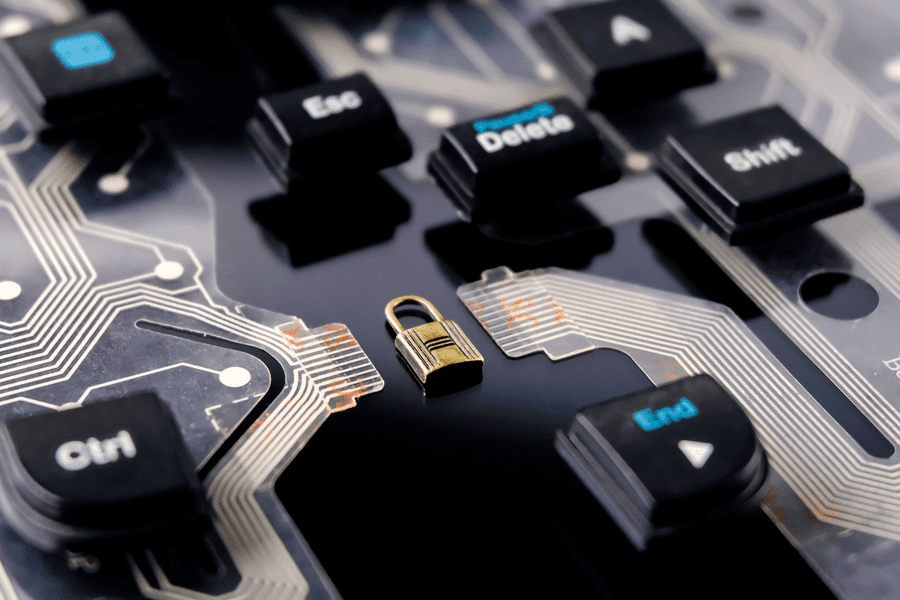26 July 2022
Defense of Cloud Systems against Cyber Attacks
Cloud server systems keep improving the information technology industry, but did you know they have a significant risk of cyber-attacks? Service providers should prepare cloud security systems to prevent data leaks and misuse. Even amidst the attacks, companies can use various ways to prevent the cloud from different cybersecurity issues.
At neuCloud, different security features help protect the cloud servers. Here, we’ll focus on various types of cyber-attacks upon the cloud tech, how to prevent the attacks, and the neuCloud features related to the security system.
Types of Cyber Attacks
Today, here are the common cyber-attacks that can affect the clouds. These attacks tend to slow down your cloud servers’ operations.
1. Malware (Malicious Software)
It's the most dangerous threat that a cloud server can face. So, expect malware to disrupt or destroy your users' computers even through the servers. Users can get the malware through e-mails and insecure downloads. Examples of malware attacks are viruses, advertising software (Adware), spyware, and Trojan.
2. Social Engineering
These threats come from human interactions where users tend to let loose their passwords. Here, the intruder can be curious to dive into your data.
3. Structured Query Language (SQL)
Through SQL injection, cyber attackers can control and steal data from your company's data centers. It happens when the attackers insert a code into the databases using SQL statements that give them access to the organization's crucial data.
4. Phishing e-mails
The attack happens when frauds send mails to the targeted users using a similar address to the trusted source. Such tricks aim to trick the user via a fake login form on a fake site and steal crucial data like credit card data and other passwords.
5. Domain Name Threat
It’s where the attackers can trade or rent your server’s domain name without your knowledge and consent. Cybersquatting and typosquatting are the common domain threats your servers can experience.
Typo squatting is designing a pun domain from the assumption that it's a mistake, while cybersquatting is when a person who hasn't entitled registers a domain name. Cybersquatting aims at buying domains from big-name service providers and stealing profits.
6. The DoS (Denial of Service)
This cybersecurity attack stops PCs from giving the rightful users the access request to use some services. Here, the main target is the server's network and bandwidth by causing traffic using devices on the web. So, the users will experience slow or lost internet connections.
How to Prevent Your Cloud from Cyber Attacks
Cloud security is under system security, application, and access like any other IT system. Service providers use these modes to keep the cloud servers secure from cybersecurity attacks. Access control with authenticated codes prevents cybersecurity threats.
Also, cloud computing service providers should account for every piece of data to keep it safe for the users. It will help notice any form of data loss.
When looking at the general cloud computing service model, companies should handle the IaaS, PaaS, and SaaS separately. Some organizations use a combination of IaaS, PaaS, and SaaS technology, so getting the best security balance for their cloud becomes a bit hard.
The IaaS needs network segmentation, Intrusion Detection System (IDS), Intrusion Prevention System (IPS), virtual routers, and virtual firewalls to prevent suspicious coding. SaaS and PaaS servers need an alert when a login happens, API gateways if you access the service using API, IP whitelists, and blacklists.
NeuCloud Features related to Security Systems
At neuCloud, we have three fantastic cloud features to protect your systems from cybersecurity attacks. These solutions include neuCloud dediCa, neuCloud elastiCa, and neuCloud multiCa.
Through the neuCloud dediCa, service providers get a fully customized IaaS. Also, there's a 4-hour failure hardware replacement service, high-security levels, and RFS of 1 to 8 weeks on hardware. NeuCloud dediCa aims to reduce your company's downtime and cost.
NeuCloud’s elastiCa service is a feature that gives you self and scalable service. Expect a secure firewall, a load balancer, VPN servers, and on-demand VM. Also, the elastiCa will provide you with hardware-level power for computing and storage and SLA 10-minutes for the VM delivery. Remember, elastiCa is a monthly pay-as-you-use (PAYU) service to help your company budget for cloud security care well.
You'll enjoy the multi-cloud feature with the PAYU in the month. The feature allows you to use different cloud services from many providers via one dashboard. This dashboard gives you 24/7 customer care service, real-time cloud comparison, real-time cost reports, and the ability to activate and remove some services within 10 minutes. It has a dedicated resource private cloud that makes your server's data more secure.
Most cloud systems tend to face cyberattacks from many angles. Cybersecurity attackers invade these servers with different motives that cause much loss to the organizations and customers. So, companies should secure their clouds depending on computing services like IaaS, PaaS, and SaaS. Please find out more by visiting our neuCloud page here.
Is this information helpful?
